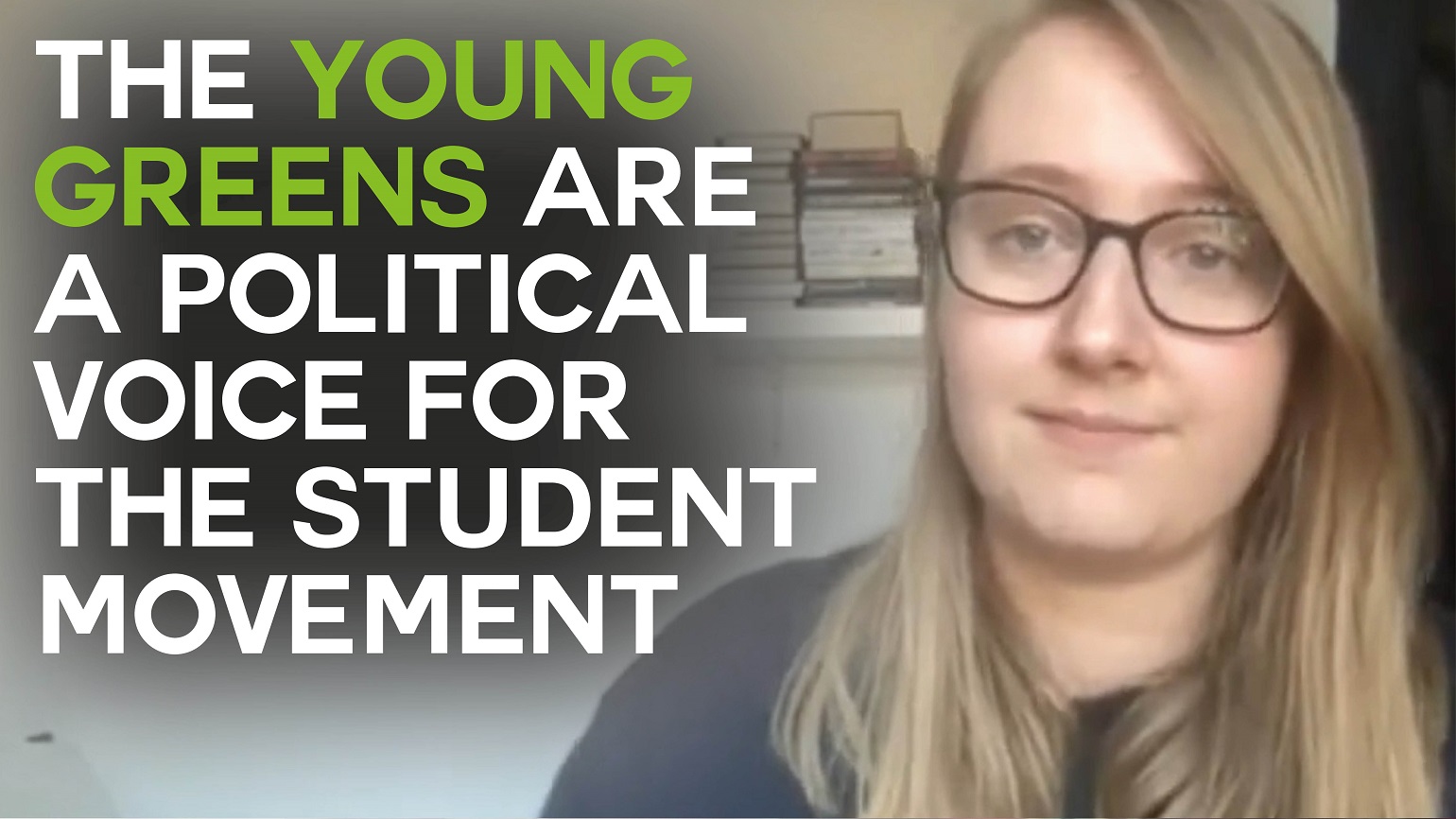There and back again, an FYEG tale
Tom Pashby, Campaigns Officer for the Young Greens of England and Wales, discusses his experience of the Federation of Young European Greens (FYEG) General Assembly 2015 in Tblisi, Georgia.

Two weeks ago, I left the Shire (Hertfordshire) to travel to the Federation of Young European Greens’ (FYEG) General Assembly in Tbilisi, Georgia.
I’m Campaigns Officer on the National Executive Committee of the Young Greens of England and Wales, and attended as our official delegation.
FYEG is a membership organisation representing Young Greens organisations across Europe. With over 21,000 members (up from 1300 last year), Young Greens of England and Wales is the largest member organisation of the Federation of Young European Greens. As a fully-fledged member organisation, we have two votes at the General Assembly. This meant I could vote yes, no or abstain, twice, on all votes brought to the General Assembly.
The General Assembly is essentially the same as Young Greens of England and Wales’ Convention, in that it is our yearly opportunity to vote in a new national team of representatives and to vote on motions brought by members. It is slightly different in that FYEG is completely independent from any Green Party.
It’s also the best opportunity of the year for networking between European Young Greens. I personally found it to be an extremely valuable experience. I learnt about entirely different national leadership structures, about Young Greens comparative stances on hot topics such as Israel/Palestine and affirmative action, and about how much money they get from taxpayers.
FYEG’s campaign in the run up to the United Nations Framework Convention on Climate Change (UNFCCC) Conference of the Parties (COP) 21 in Paris this year was launched at the General Assembly. The hashtag and name of the campaign is #ItsOurFuckingFuture. I know my mum doesn’t appreciate the swearing, but I, and I think a lot of young people and climate campaigners, will recognise that catastrophic climate change is far more offensive than the f-word. As the FYEG General Assembly was going on in Tblisi, Young Greens from across Europe were in Bonn, Germany, where preparations were underway for the climate talks in Paris, lobbying the negotiators into adopting better policies for climate and for our futures. I recommend you sign this petition, demanding the UNFCCC stops big polluters from making climate policy.
Attendees had the opportunity to take part in several workshops, from discussing how to respond to the migrant crisis in the Mediterranean, to working out how to counter right wing populism such as that spouted by UKIP. The organisers asked me to host a small workshop on how to manage new members in reference to our #GreenSurge, where we shared interesting perspectives from across Europe, comparing membership with funding and success in elections to public office.
In attendance at the General Assembly were a variety of member and observer organisations. Before becoming a full member an organisation must have candidate status for a year and then the Assembly will consider its application for membership. This applied to the Macedonian Young Greens (MODOM) who had been a candidate organisation for two years. There was a fierce political debate between the outgoing Executive Committee and the representative of MODOM about their relationship with their respective Green Party (DOM), due to the fact that DOM had been in a coalition Government with a right wing party. After much discussion about the independence of MODOM from DOM and the formers’ efforts to distance themselves, and active protest against DOM and the Government, MODOM were voted in as full members to rapturous applause.
The host organisation, Georgian Young Greens, was founded in 2008 with the aim of advancing issues of environmental justice, the principles of sustainable development, democracy, equality and social justice. Most of their activities are focussed in the capital Tbilisi.
There were 48 potential votes present, which means at least 24 member organisations were there. To name just a few countries, France, Germany, Netherlands, Finland, Sweden, Greece, Ukraine, Spain, Scotland, Austria and Belgium representatives of green youth organisations were there. Also in attendance were the Cooperation and Development Network Eastern Europe (CDN) – an organisation similar to FYEG but instead focused on Young Greens in Eastern Europe.
I’d like to sign off by saying thank you to all the people involved in making FYEG and its General Assembly possible, especially the Georgian Young Greens.




Leave a Reply